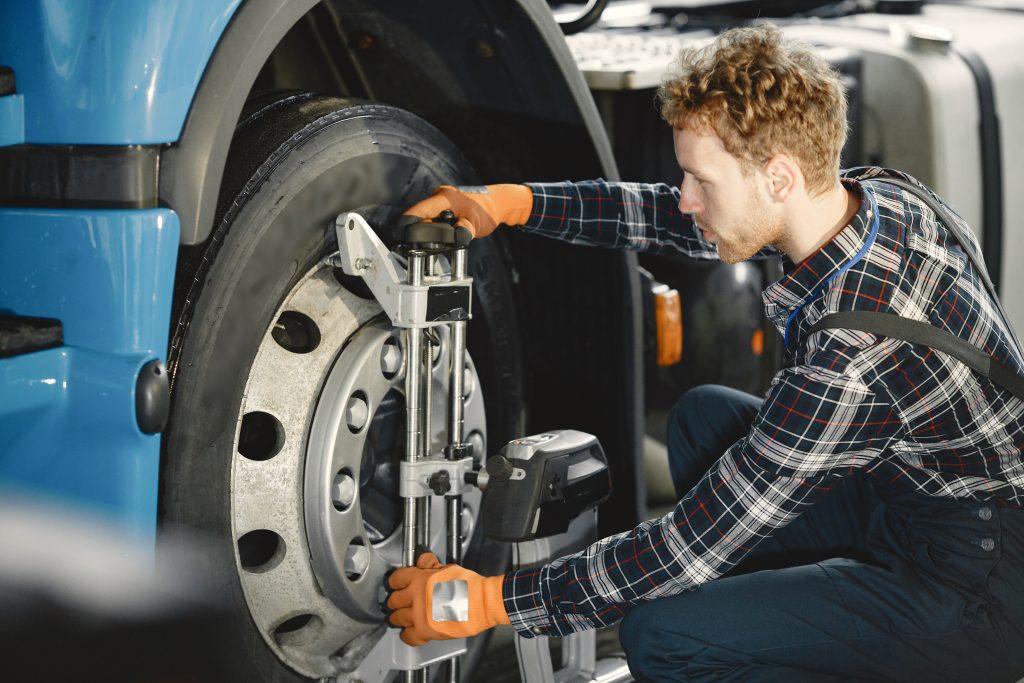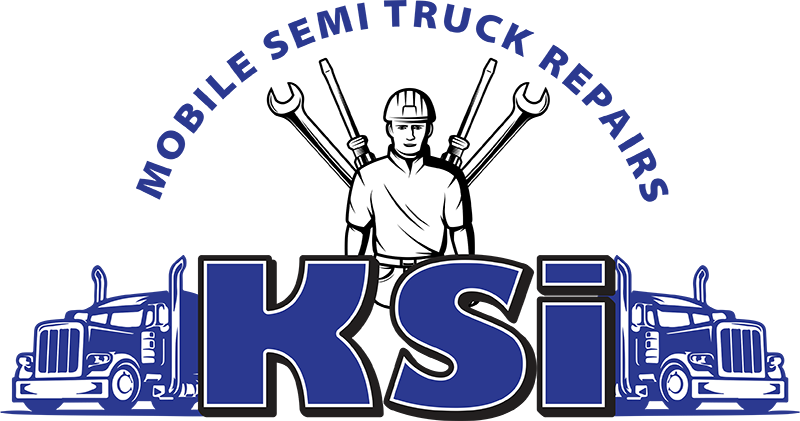The Importance of Routine Truck Tire Maintenance
- Home
- The Importance of Routine Truck Tire Maintenance
-
By: BrandRep
- 0 Comments
The Importance of Routine Truck Tire Maintenance
Routine truck tire maintenance is an essential component of fleet management that ensures transportation operations’ safety, efficiency, and reliability. It involves regular inspections, tire rotations, and alignments, each designed to extend the lifespan of tires and improve overall vehicle performance. By prioritizing tire maintenance, fleet operators can prevent the costly downtime associated with tire failures and reduce operational expenses through improved fuel economy.
The Critical Role of Tire Inspections in Fleet Safety
Routine tire inspections are the cornerstone of effective truck maintenance, vital to fleet safety and operational efficiency. By conducting regular inspections, fleet managers can identify and address issues such as uneven wear, damage, and improper inflation before they escalate into costly problems. This preventive measure minimizes the risk of tire failures that could lead to accidents. It ensures that trucks are always road-ready, optimizing performance and extending the lifespan of the tires.

Early Detection of Tire Issues
Regular checks help us detect potential tire issues early, allowing us to address them promptly and prevent further damage. It includes spotting tears, punctures, and objects lodged in the treads that could cause air leaks or blowouts.
Monitoring Tire Pressure
Maintaining the correct tire pressure is crucial for the health of your tires. Under-inflated or over-inflated tires can lead to significant issues, such as poor handling, increased wear, and even tire failure. Regular pressure checks ensure tires operate efficiently, providing safe and economical performance.
Legal Compliance and Safety
Routine inspections also help comply with safety regulations and avoid penalties during compliance checks. Ensuring that tires are in top condition is a regulatory requirement and essential for maintaining a safe fleet.
The Benefits of Tire Rotations and Alignments
Rotating and aligning tires are essential practices that enhance the performance and longevity of truck tires. Tire rotation ensures even tire wear by changing the position of tires on the vehicle, extending their usable life and reducing the frequency of replacements. Alignment, on the other hand, corrects the angles of the tires so they come into contact with the road optimally, improving handling and preventing uneven wear.

Extending Tire Lifespan Through Rotation
Tire rotation helps to wear evenly across all tires, which is particularly important for trucks that carry heavy loads. Even wear helps to maintain the integrity of the tire structure and tread depth, which are crucial for safe operation.
Improving Fuel Efficiency with Proper Alignment
Correct tire alignment reduces rolling resistance, which can significantly enhance fuel efficiency. Correctly aligned tires reduce the energy required to move and maintain the truck’s motion, saving fuel and reducing operating costs.
Enhancing Safety with Aligned Tires
Proper alignment is not just about extending tire life and improving fuel economy; it’s also about safety. Aligned tires provide better road contact and improve vehicle stability, especially in poor driving conditions, thus ensuring the safety of the drivers and other road users.
The Economic Impact of Proactive Tire Maintenance
Investing in routine tire maintenance can bring substantial economic benefits for trucking companies. Proper tire care reduces the need for frequent replacements, lowers fuel consumption, and minimizes downtime caused by tire-related issues. Moreover, the cost savings from extended tire life and improved fuel economy directly impact the bottom line, making routine maintenance a wise financial decision for any fleet.
Proactive tire maintenance is more than a cost-saving strategy; it is a crucial component of fleet management that ensures operational efficiency, enhances safety, and maintains compliance. By prioritizing regular tire inspections, rotations, and alignments, fleet operators can safeguard their vehicles against premature wear and breakdowns, contributing to a more profitable and reliable operation. Contact KSI Mobile Semi Truck Repairs to learn about our comprehensive tire maintenance services. Visit our blog for additional tips and insights on maintaining your fleet effectively.
